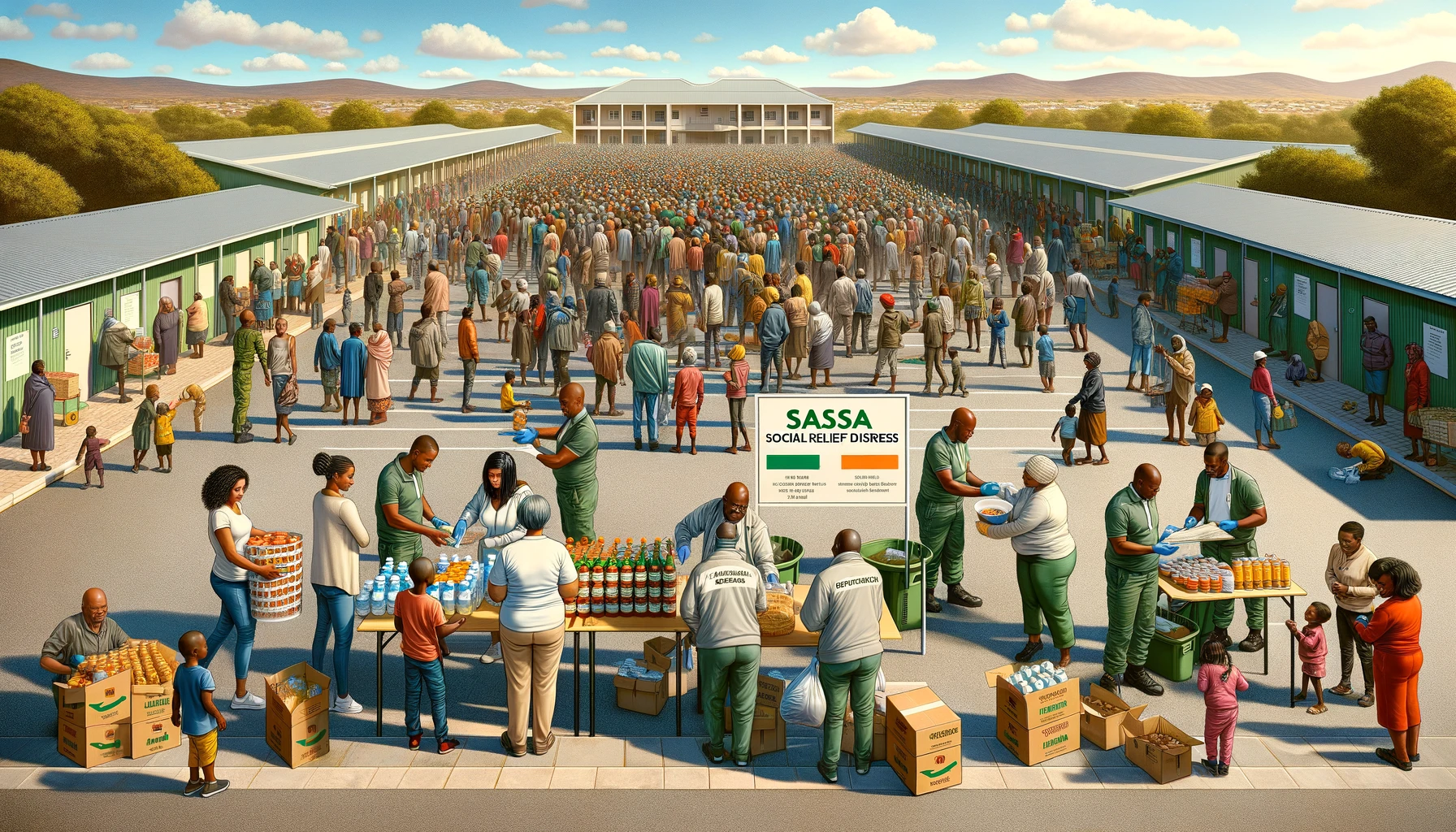
Who qualifies for the SRD grant
To qualify for the Social Relief of Distress (SRD) grant in South Africa, applicants must meet specific criteria set by the South African Social Security Agency (SASSA).
These criteria ensure that the SRD grant reaches those most in need of temporary financial assistance. Here is a detailed overview of the eligibility requirements.
General Eligibility Criteria
• Citizenship and Residency Status
Applicants must be South African citizens, permanent residents, asylum seekers, or holders of special permits.
This criterion ensures that the grant supports those legally residing in the country and in genuine need of assistance.
• Age Requirement
Applicants must be over the age of 18. This requirement is in place because the SRD grant is intended for adults who are responsible for their own financial well-being and possibly the well-being of dependents.
• Income and Financial Status
The SRD grant is specifically for individuals who are unemployed and not receiving any other form of income or social grant.
This includes not receiving any payments from the Unemployment Insurance Fund (UIF) or other government financial aids.
The grant targets those who have no other means of support to ensure it reaches the most vulnerable.
• Student Status
Applicants should not be students who are receiving financial aid or a bursary.
The rationale is that these students already have a form of financial support, and the SRD grant is meant for those without any form of income.
There are specific conditions under which individuals can qualify, including:
• Awaiting Payment of an Approved Social Grant: Applicants who have been approved for another social grant but are waiting for the payments to begin.
• Medically Unfit to Work: Individuals who have been medically certified as unfit to undertake remunerative work for a period less than six months.
• Death of a Breadwinner: If the breadwinner of the family has died, and the application is made within three months of the death.
• No Maintenance Support: Applicants who are not receiving maintenance from a parent, child, or spouse who is legally obligated to provide it, and can prove that efforts to obtain maintenance have failed.
• Admittance to State Institution: If the breadwinner of the family has been admitted to a state institution such as a prison, psychiatric hospital, state home for older persons, treatment center for substance abuse, or child and youth care center.
• Affected by Disaster: Individuals affected by a disaster as defined in the Disaster Management Act or the Fund Raising Act, 1978.
• No Other Assistance: The applicant should not be receiving assistance from any other organization.
Documentation Required
To support their application, applicants must provide several documents, including:
• Identification: South African ID document or valid passport.
• Proof of Residence: Utility bill, rental agreement, or any other official document showing the applicant’s residential address.
• Proof of Unemployment: Termination letter, affidavit, or any other document confirming the applicant’s unemployed status.
Application Process
• Online Application: Applicants can apply online through the SASSA website.
• Submission of Documents: All required documents must be uploaded during the application process.
• Review and Approval: SASSA reviews the application and documents to determine eligibility.
• Payment: Once approved, the grant is paid directly into the applicant’s bank account on a monthly basis.
The SRD grant is a critical support mechanism for many South Africans facing temporary financial distress.
By meeting the eligibility criteria and providing the necessary documentation, individuals can access this vital assistance to help cover their basic needs during challenging times.
For more detailed information, you can visit the SASSA official website (SASSA) (Skills Portal).
